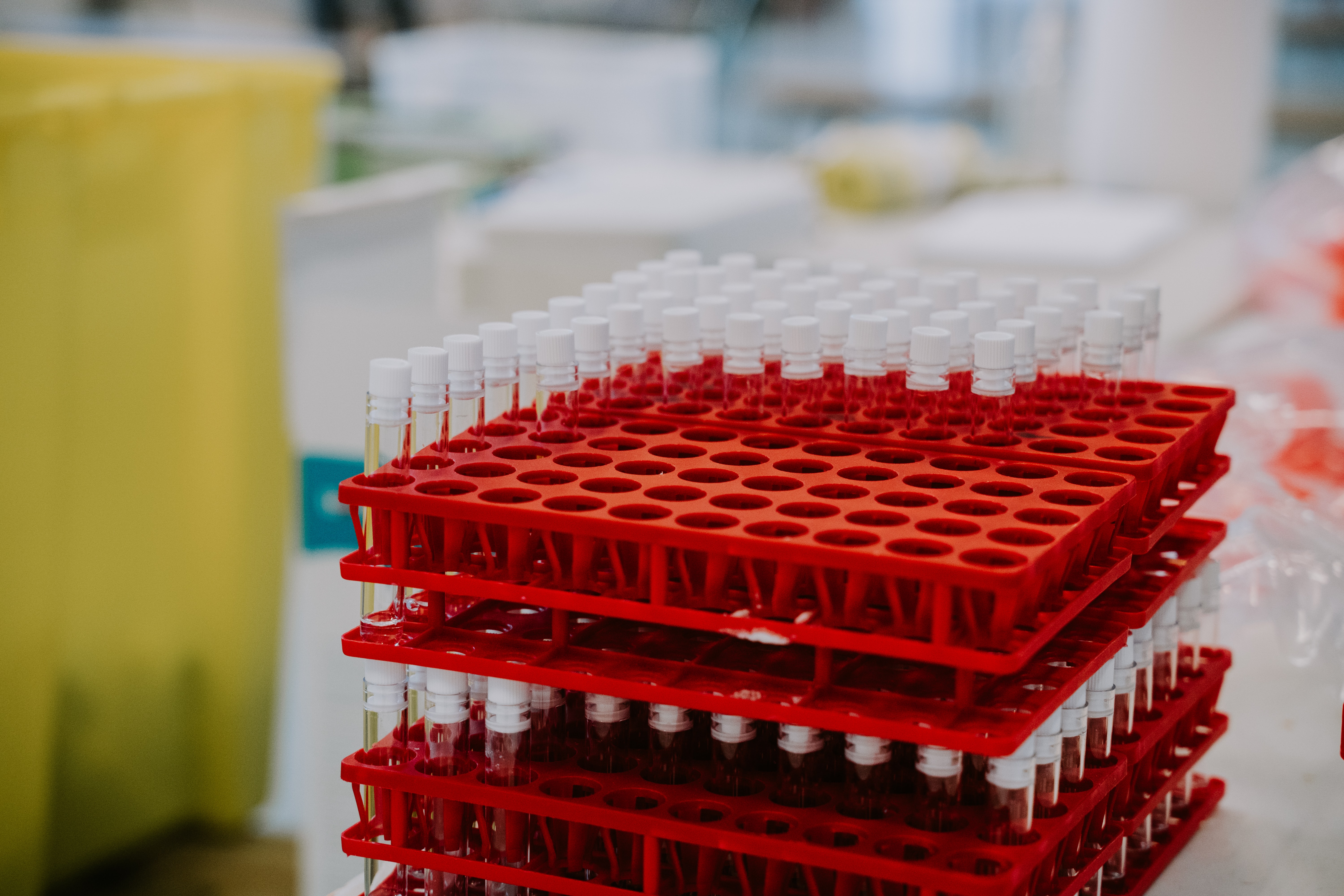News release
From:
Expert Reaction
These comments have been collated by the Science Media Centre to provide a variety of expert perspectives on this issue. Feel free to use these quotes in your stories. Views expressed are the personal opinions of the experts named. They do not represent the views of the SMC or any other organisation unless specifically stated.
Archie Clements is a Professor of Infectious Disease Epidemiology at Curtin University
Despite the small number of adverse reactions to the Astra Zeneca COVID-19 vaccine, including rare but severe reactions, for the vast majority of people the vaccine is perfectly safe.
To protect our communities, particularly the elderly and the vulnerable, people should take up the offer to be vaccinated.
Remember, being vaccinated is not just about protecting your own health, but the health of your loved ones and others in your community and provides the only path out of the current global public health crisis.
Professor Katie Flanagan is President-Elect of the Australasian Society for Infectious Diseases (ASID) and Chair of ASID’s Vaccination Special Interest Group (VACSIG)
Further cases of thrombosis and thrombocytopenia syndrome (TTS) are expected in those over 50 years of age since this is the age group that is now getting the vaccine in Australia.
Despite this, the benefits of preventing COVID-19 from vaccination are still considered to outweigh the risk of this rare condition in this age group. The situation is being closely monitored by ATAGI and the TGA and regular updates are anticipated.
It is important to get vaccinated as soon as you can to protect yourself and your contacts from COVID-19 since we could have an outbreak in Australia at any time and protection from vaccination takes several weeks to develop.
Dr Roger Lord is a senior lecturer (Medical Sciences) with the Faculty of Health Sciences at The Australian Catholic University and Visiting Research Fellow with The Prince Charles Hospital (Brisbane)
Recent reports of further cases of unusual blood clots in the Australian population who have received the AstraZeneca vaccine for COVID-19 must be kept in perspective. The risk to an individual of developing a blood clot must be examined on a case-by-case basis.
This includes medications the individual is taking, recent surgery and previous history of developing abnormal clotting. The recent reported cases may have occurred in individuals that have a greater risk of abnormal clotting.
It should not automatically be inferred that the reported cases were a result of the AstraZeneca vaccine. Individuals anxious about receiving the AstraZeneca vaccine should discuss personal risk concerns with their medical practitioner.
This new data highlights thrombosis in those over 50 receiving the AstraZeneca vaccine reinforces the fact that vaccine induced thrombocytopenia and thrombosis with the AstraZeneca adenovirus vaccine is also a potential issue for older people, not just those under 50, reinforcing the need for additional research to better understand this condition and its mechanisms.
Clearly more data is needed on the exact statistics and risks of this condition – if about 500,000 Australians have received the vaccine in the last few weeks this would indicate a rate as high as 1:100,000 in elderly recipients. But this is the rate previously quoted for those under 50, suggesting that there may in fact be no difference in risk according to age.
Notably, Denmark has now suspended use of the AZ vaccine in all age groups. Most Australians currently have minimal risk of contracting COVID-19 in the community, again raising the question of whether it might be advisable to wait for better vaccines without this risk to become available, rather than continue to pursue a strategy of relying so heavily on the AstraZeneca vaccine. The last thing we want to see is policies backfiring by increasing vaccine hesitancy in the community, so the government is going to have to tread very carefully on how it handles such issues.
We need to remember we still don’t know how effective, if at all, the adenovirus vaccines will be against the new virus variants that now pose the biggest risk should there be widespread community transmission in Australia, so one option would be to wait to see what data on this becomes available from other countries. At the same time we need to be vigorously pursuing vaccines that can specifically tackle all the new variants, this being the top focus of my own groups research.



 Australia; QLD; SA; WA; TAS
Australia; QLD; SA; WA; TAS


